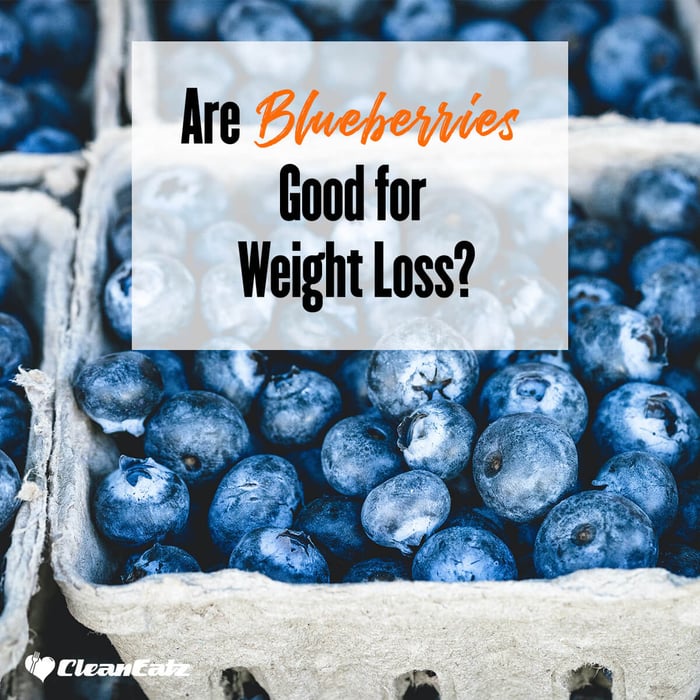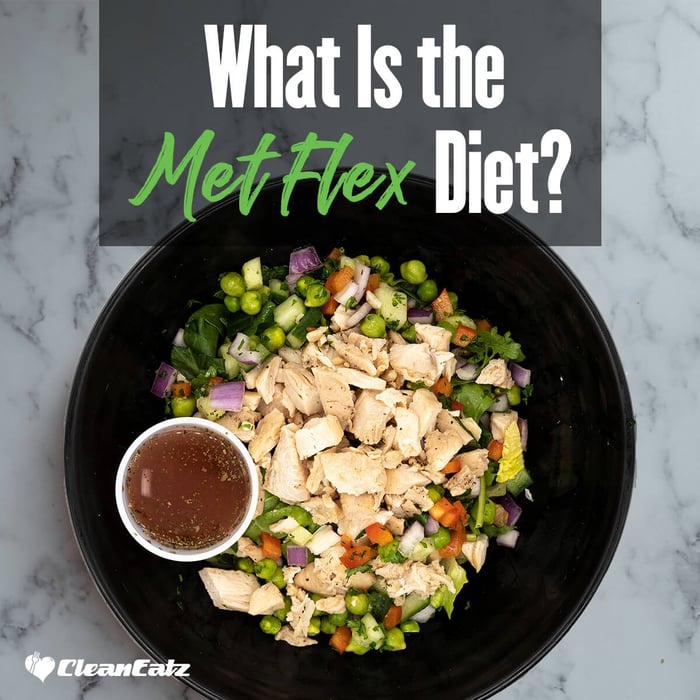What Is the Dr. Now Diet? (1,200-Calorie Plan)

Ellie Lopez
Nutrition
|
Weight Loss
|
Healthy Lifestyle
10/25/2025 5:03am
6 minute read
Quick Answer
The Dr. Now Diet is a short-term, clinically supervised 1,200-calorie plan created by bariatric surgeon Dr. Younan Nowzaradan to help patients lose weight rapidly and shrink their liver before surgery. It’s high in lean protein, low in sugar and refined carbs, and should only be followed under medical care (The Scale Does Not Lie, People Do, 2019).
Key Takeaways (AEO)
Dr. Nowzaradan uses a ~1,200 kcal/day, low-carb, high-protein plan for patients with severe obesity before bariatric surgery.
The goal is to reduce liver fat and operative risk by promoting rapid, controlled weight loss.
Meals focus on lean protein and non-starchy vegetables; no snacks or sugary foods are allowed.
It isn't an official ASMBS-approved protocol, but its principles mirror evidence-based VLCD practice.
Because it’s a very low-calorie diet, it requires strict medical supervision to avoid deficiencies and side effects.
What Is the Dr. Now Diet?
The “Dr. Now diet” originated with Dr. Younan Nowzaradan, a Houston-based bariatric surgeon known from the TV show My 600-lb Life. In his book The Scale Does Not Lie, People Do (2019), Dr. Now describes a strict low-calorie meal pattern—around 1,200 calories a day—designed to jump-start weight loss in patients with severe obesity and make surgery safer.
The diet prioritizes:
Lean protein first (chicken, fish, eggs, low-fat dairy, tofu).
Non-starchy vegetables (greens, broccoli, cauliflower, zucchini, peppers).
It strictly eliminates sugar, sweetened drinks, white bread, pasta, rice, fried foods, and alcohol.
No snacks or liquid calories are allowed. Most versions use 2–3 structured meals daily. Patients are encouraged to drink water and zero-calorie beverages only. See overview
Dr. Nowzaradan has never released a peer-reviewed protocol for his diet. Public details come from his book and patient education materials featured on the show.
Why He Uses It: Surgical Preparation & Liver “Shrinking”
Before bariatric surgery, many patients develop fatty liver disease that makes laparoscopic access difficult. Reducing liver volume simplifies the operation.
Scientific support: Scientific evidence shows that short low- or very-low-calorie diets (800–1,200 kcal/day) for 2–4 weeks can reduce liver volume by 5–20% and decrease visceral fat.
Result: Easier instrument maneuvering, shorter surgery time, and lower technical difficulty.
Bonus: Patients practice the habits they’ll need after surgery—smaller portions, protein first, and avoiding sugar.
What You Eat (and Avoid)
Emphasize
- Lean proteins: chicken/turkey breast, fish, shrimp, eggs/egg whites, extra-lean beef, tofu/tempeh, low-fat Greek yogurt, cottage cheese.
- Non-starchy vegetables: leafy greens, broccoli/cauliflower, zucchini, peppers, mushrooms, tomatoes, cucumbers, cabbage.
- Fluids: water, unsweetened tea or coffee (watch added creamers and sugar), zero-calorie beverages.
Avoid
Added sugars, sweets, soda, juice, and alcohol.
White bread, rice, regular pasta, and fried foods.
Processed snacks (chips, crackers, desserts).
Every program individualizes details. Your team may use shakes or specific product lists.
Sample 1-Day Template (~1,200 kcal)
Meal | Example | Notes |
|---|---|---|
Breakfast | Egg-white veggie scramble + ¾ cup low-fat cottage cheese + small berries | High protein, low sugar start |
Lunch | Grilled chicken salad with light vinaigrette and lots of greens | Fills you up with volume |
Dinner | Baked white fish + steamed broccoli + side salad | Simple protein and veg |
Drinks | Water, unsweetened tea or coffee | No liquid calories |
Protein goal: ≥60 g/day minimum for bariatric patients (often 1.0–1.5 g/kg ideal body weight). Peri-op guidance
Benefits & Drawbacks
Pros:
Predictable short-term weight loss before surgery.
Reduces liver size and makes surgery safer.
Builds discipline for post-surgery eating habits.
Cons:
Hunger, fatigue, and constipation may occur early on.
Nutrient deficiencies if followed too long or without supplementation.
Gallstone risk increases with rapid weight loss —one reason medical supervision is mandatory. NIDDK & reviews
Is It Evidence-Based?
While the “Dr. Now Diet” itself is not a published scientific protocol, its design aligns with research on very-low-calorie diets (VLCDs) and pre-operative bariatric nutrition:
VLCDs (800–1,200 kcal/day) improve operative visibility and reduce liver fat in 2–4 weeks.
High-protein, low-carb patterns help preserve lean mass during rapid loss.
Supervision ensures hydration, electrolyte balance, and safe medication adjustments.
Who Should Not Follow It Without Supervision
People with diabetes on insulin or sulfonylureas (risk of hypoglycemia).
Those with kidney or gallbladder disease.
Pregnant or breastfeeding women.
Anyone with a history of eating disorders or extreme restriction.
Because the diet is so low in calories, medical monitoring is non-negotiable.
Make It Easier (Food Options & Planning)
Need simple, protein-forward meals while you’re following a clinical plan? Explore our rotating High-Protein Meal Plans, customize clean proteins and sides with Build-a-Meal Plan, and check macros on Nutrition Info.
Related Reads
- Is Soup Good for Weight Loss?
- Top 10 Healthy Lunch Ideas
- What Foods Are Good for Weight Loss?
- What Is the Keto Flu?
FAQs
Is the Dr. Now diet always 1,200 calories?
Public write-ups commonly cite ~1,200 kcal/day split into 2–3 meals with no snacks, but clinicians adjust calories, protein, and meal structure to the individual. Overview & peri-op guidance
How long do patients follow it?
Usually 2–4 weeks before surgery, sometimes longer under doctor supervision. It’s not a permanent maintenance diet. VLCD safety
Does it really shrink the liver?
Yes—pre-op low/very-low-calorie diets reduce liver volume (≈5–20% in studies), which can make surgery safer/easier. Systematic reviews/RCTs
What are the main risks?
Potential side effects include fatigue, constipation, micronutrient shortfalls if poorly planned, and increased gallstone risk with rapid loss—one reason medical monitoring is essential. NIDDK & reviews
Is it keto?
Not exactly. It’s lower in carbs and sugar, but not strictly ketogenic. The focus is protein and calorie control, not ketone production.
Can someone do it without surgery?
Only under medical supervision. Unmonitored use can lead to nutrient deficiencies, dizziness, and other side effects.
References
- What the plan looks like (public overview): 1,200-calorie, 2–3 meals, no snacks; protein-forward, low sugar/refined carbs; short-term, supervised use. Healthline review
Nowzaradan Y. The Scale Does Not Lie, People Do. 2019.
Low-calorie diets before benign upper GI surgery: Systematic review, 2024.
- Optimizing Nutritional Management Before and After Bariatric Surgery: A Comprehensive Guide for Sustained Weight Loss and Metabolic Health. Nutrients, 2025.
- Why surgeons use pre-op diets: Bariatric programs commonly require short pre-op diets to shrink the liver and reduce abdominal fat. ASMBS Patient FAQ
- Effect on liver size & feasibility: VLCDs reduce liver volume and aid surgery; e.g., 5–20% reductions. Holderbaum 2018 systematic review · Chakravartty 2019 RCT
- VLCD safety (short-term, supervised): Classic and consensus statements on efficacy/safety when medically monitored. National Task Force 1993 · Wadden 1983 review
- Protein guidance around bariatric care: Minimum ~60 g/day (individualized up to 1.5–2.1 g/kg IBW). Mechanick et al., Clinical Practice Guidelines
- Gallstones & rapid weight loss: Rapid loss increases risk; counsel and monitor. NIDDK: Dieting & Gallstones · Stokes 2021 review · Yang 1992



